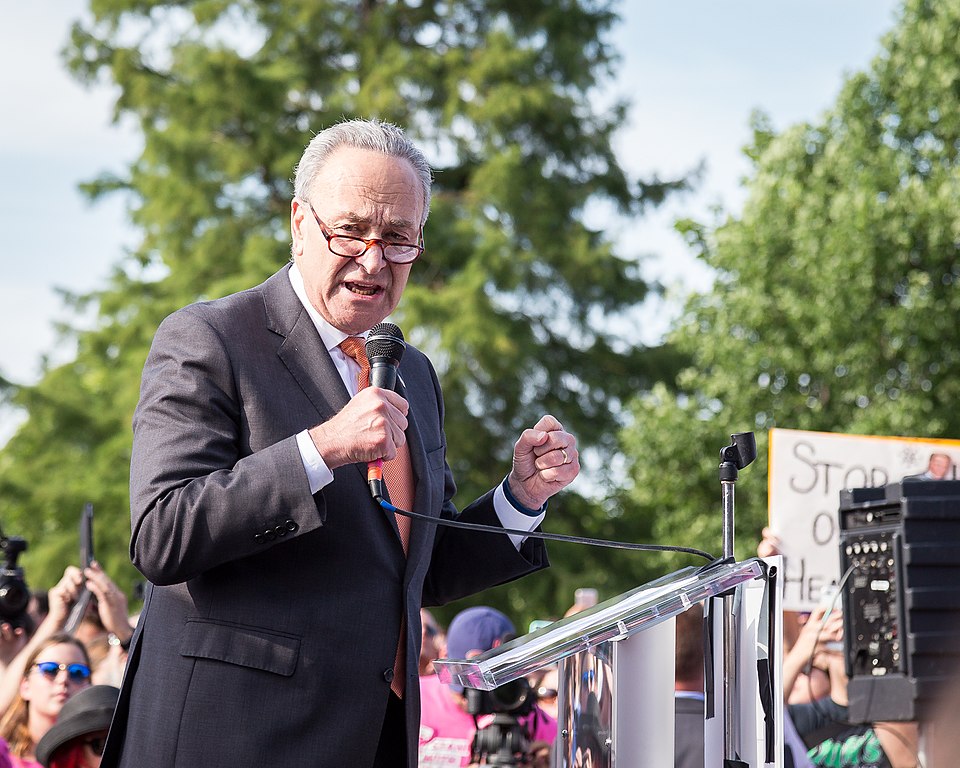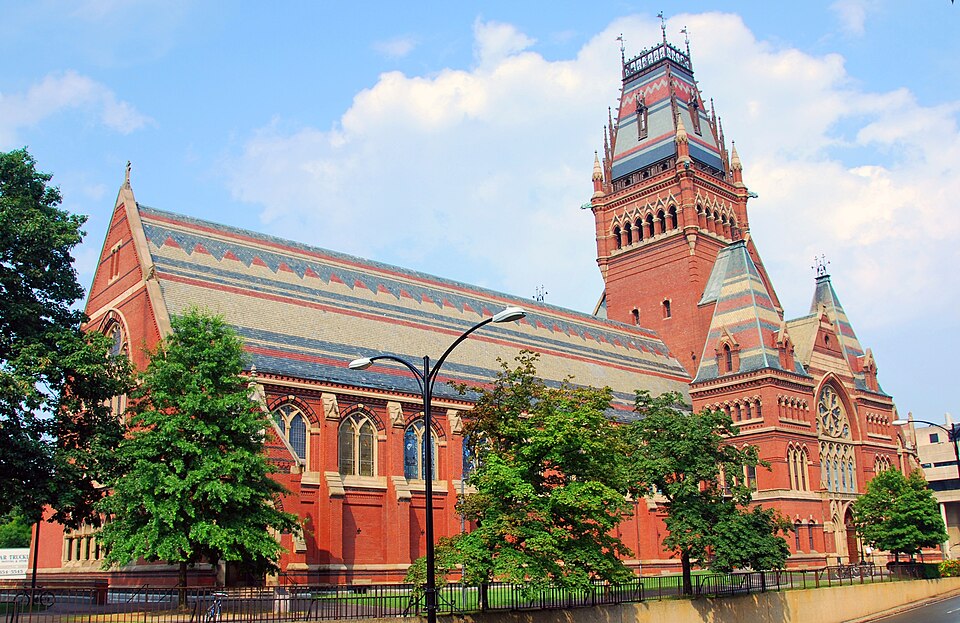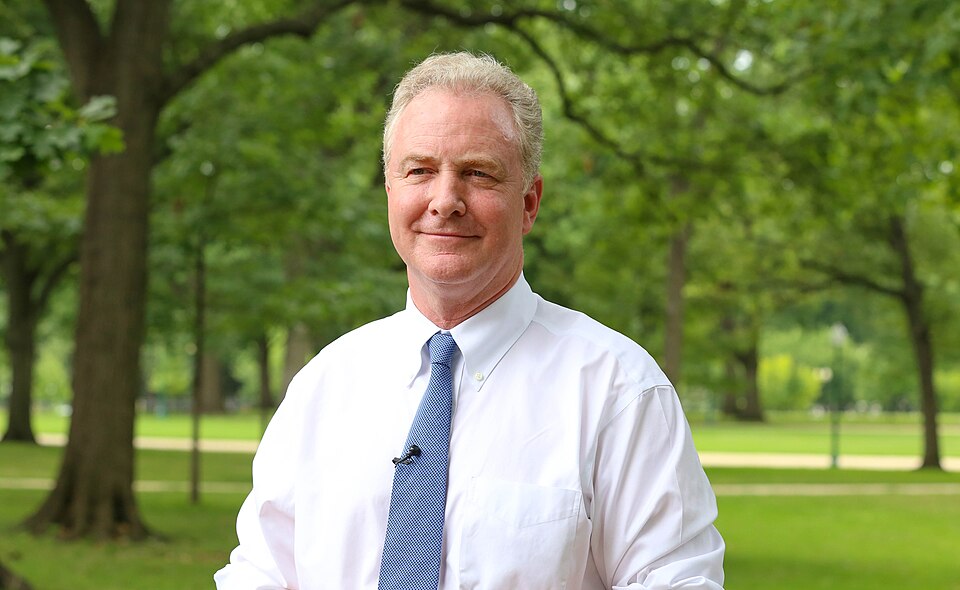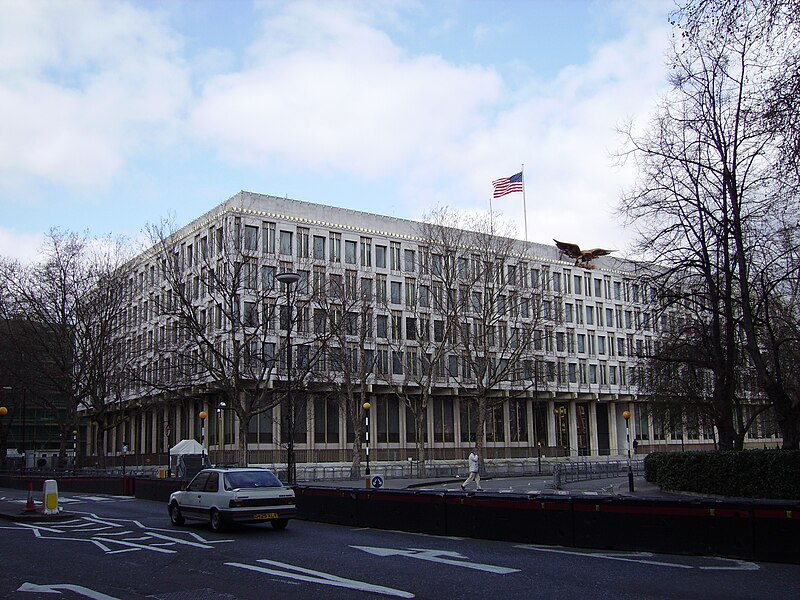
A simmering debate is underway in the United States over the health of transgender youth, who now face the prospect of being barred from receiving hormonal or
surgical treatment in a number of states, to the dismay of their families and the medical community.
South Dakota led the way late last month when the lower house of the state legislature approved a bill that set prison terms of up to a year for any doctor who provided such treatments to youths under the age of 16.
Fred Deutsch, the measure's Republican sponsor, described it as "a bill to prevent sterilization and other medical harms against children who feel trapped in their own body."
The bill aroused strong opposition and has since been shelved by a Senate committee.
But South Carolina, Florida, Missouri, Colorado, Illinois, New Hampshire and Kentucky are considering similar measures.
"There's clearly a trend attacking trans youth across the country. We hope that South Dakota's defeat of this legislation will put a stop to that," said Susan Williams, the mother of a transgender child. Williams founded an organization called The Transformation Project to help parents faced with the issue.
"What's at stake is nothing less than the ability of our kids to live free from discrimination, to get the medical care they need, and to thrive," she told AFP.
- 'Medical consensus' -
Jack Drescher, a professor of psychiatry at Columbia University, decries the trend as "an intrusion of politics in medical decisions" and which goes against "medical consensus."
He says doctors agree that social and not medical responses are needed for treating transgender children up to the age of 10 -- for instance, allowing them to dress in neutral clothing or that of the opposite sex.
"When they approach puberty, they can have panic attacks or suicidal thoughts because their body is changing in a way they don't like. We can try to give them more time with puberty blockers," he said.
Such treatments can retard the onset of menstruation in girls or hairiness in boys, but the body will resume developing once the treatment stops.
At age 16, or in exceptional cases age 14, doctors can propose irreversible hormone treatment in youths who want to transition -- estrogen to grow breasts, or testosterone to deepen the voice.
Surgery ordinarily would not be performed before age 18.
So the proposed laws' biggest impact would be to limit access to puberty blockers.
A study published last month in the journal of the American Academy of Pediatrics found that those treatments reduce the risk of suicide among transgender youths.
- Political intrusion -
As for heavier hormonal treatments, says Jack Turban, a resident psychiatrist at Harvard Medical School, "these medications are administered only after thoughtful conversations between patient, family and physician."
"Legislation that puts these decisions in the hands of the government instead of families and physicians is dangerous," he said.
"State legislators need to educate themselves about these young people and their medical care before introducing legislation that will hurt them."
The American Civil Liberties Union sees the bills as a predictable follow-up to a broader campaign by the religious right to bar transgender persons from using public bathrooms of their choice.
"In some fundamental ways, these are ultimately debates about whether transgender people should exist at all," said Chase Strangio, who specializes in the issue at the ACLU.
"(What) the latest round of proposed legislation tells us is that some people don't think we should," he said.
Amy Rambow, the mother of a transgender child, asks, "How is taking away life-saving medical care protecting a child?"
"This is not just about hormones, this is way bigger than that," she said on NBC.afp



































































